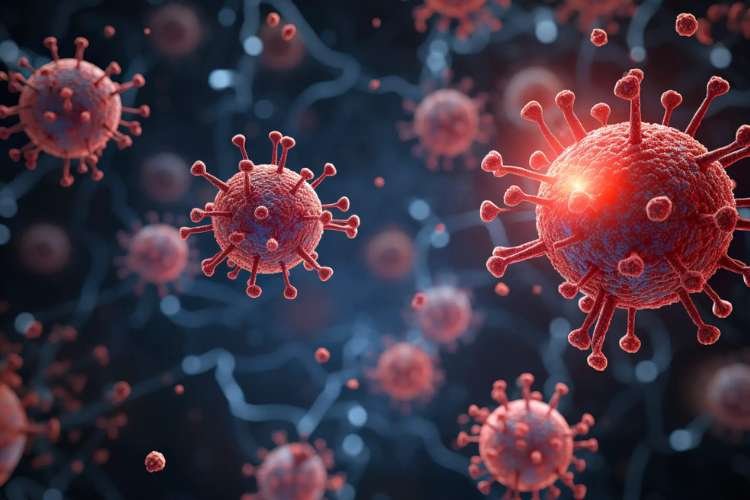Tonix Pharmaceuticals’ experimental treatment for long COVID with fibromyalgia-like symptoms, TNX-102 SL, did not demonstrate a statistically significant improvement in pain symptoms compared to a placebo in a recent phase 2 trial. The primary endpoint, which measured the weekly average of patient-reported worst long COVID pain intensity, did not meet the desired outcome, although the company noted that treated patients “trended towards a benefit.”
Despite this setback, Tonix is focusing on secondary endpoint data, which suggests that the treatment has a positive impact on sleep, fatigue, and cognition. TNX-102 SL, a formulation of the approved muscle relaxant cyclobenzaprine hydrochloride, showed “numerical improvements” in several related measurements, although these improvements did not reach statistical significance.
Tonix is now shifting its clinical development strategy toward fatigue. The company intends to request an end-of-phase 2 meeting with U.S. regulators to discuss a phase 3 trial, with the primary endpoint being the PROMIS fatigue scale. This meeting is expected to take place in the first quarter of 2024. Tonix is encouraged by the fact that the National Institutes of Health (NIH) has initiated its own set of trials, called RECOVER, to test potential long COVID treatments, including Pfizer’s COVID therapy Paxlovid.
Fatigue is a common and significant symptom of long COVID, which overlaps with chronic fatigue syndrome/myalgic encephalomyelitis and fibromyalgia. Tonix believes that addressing fatigue is a critical aspect of long COVID treatment.
While the efficacy of TNX-102 SL as a fatigue and sleep improvement treatment remains to be confirmed, the biotech company reported that the medication was safe and well-tolerated, with the only observed treatment-emergent side effect being gastritis, an irritation of the stomach lining.Tonix faces financial challenges, as its cash reserves are dwindling rapidly.
The company spent nearly $100 million in the first half of the year, reducing its cash on hand from about $120 million at the end of December to $25 million by June 30. Tonix has already decided to allocate its resources primarily to its central nervous system pipeline, deprioritizing work on a COVID vaccine and other preclinical programs. TNX-102 SL was originally designed as a treatment for fibromyalgia, with a critical phase 3 readout expected in the fourth quarter of 2023. Success in this study may serve as the final efficacy trial needed for submission of a New Drug Application (NDA) for FDA approval, as indicated in Tonix’s second-quarter earnings report.





























